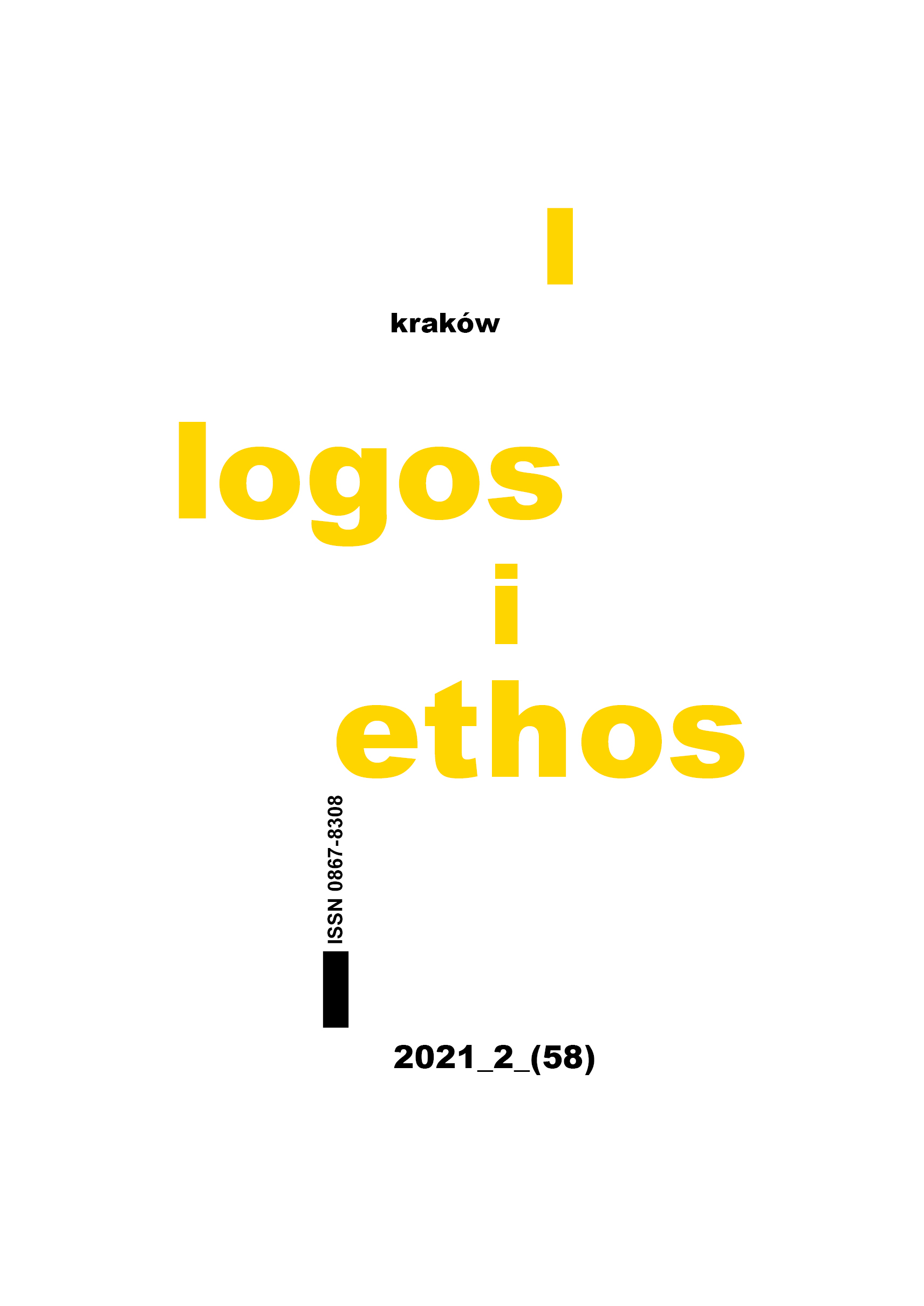The Idea of Human Rights – Wobbling Monument of European Culture
DOI:
https://doi.org/10.15633/lie.4169Keywords:
idea praw człowieka, moralne obowiązki, prawa mniejszości seksualnychAbstract
The article addresses the issue of the usage of the idea of human rights in contemporary disputes on the rights of sexual minorities. In the first part, the philosophical foundations on which the idea of human rights is based are recalled. The connection between rights of human being and his moral duties is underlined. The second part analyzes the content and message contained in the Resolution of the European Parliament on declaring the EU a zone of freedom for LGBTIQ persons of 11.03.2021. In the author’s opinion, this document may be an example of instrumental use of the idea of human rights, which threatens to undermine the position of this peculiar “monument,” which plays an extremely important role in European and world culture and political practice.
References
Bobko A., Idea praw człowieka – korzenie i współczesność, w: Jeśli Bóg jest, red. J. Barcik, G. Chrzanowski, Kraków 2007, s. 363–373.
Bobko A., Axiological Approach to the Problem of Sexual Education, „The Person and the Challenges” 11 (2021) No 1, s. 217–232.
Bunch Ch., Women Rights as Human Rights: Toward a Re-Vision of Human Rights, “Human Rights Quarterly” 1990 no 9, s. 486–498.
Howard R.E., Human Rights and the Necessity for Cultural Changes, „Focus on Law Studies” 1992.
Kant I., Krytyka praktycznego rozumu, tłum. J. Gałecki, Warszawa 1972.
Kartezjusz, Medytacje o pierwszej filozofii, tłum. M. i K. Ajdukiewiczowie, Warszawa 1958.
Kędzierski J., Jan Paweł II – obrońca praw ludzkich, „Palestra” 2011 nr 5–6, s. 11–22.
Lal V., The Imperialism of Human Rights, in: Taking Sides. Clashing Views on Controversial Moral Issues, ed. S. Satris, Guilford 1994.
Magna Carta Libaratum, w: Pomniki praw człowieka w historii, red. H. Wajs, R. Witkowski, Warszawa 2008, s. 29–51 (Księga Jubileuszowa Rzecznika Praw Obywatelskich, 1).
Mieves J., Wahrhaft einig?, „Christ in der Gegenwart” 2021 Heft 16, s. 6–7.
Powszechna Deklaracja Praw Człowieka ONZ, https://www.unesco.pl/fileadmin/user_upload/pdf/Powszechna_Deklaracja_Praw_Czlowieka.pdf (11.03.2021).
Rezolucja Parlamentu Europejskiego w sprawie ogłoszenia UE strefą wolności osób LGBTIQ (2021/2557(RSP)) 11.03.2021, https://www.europarl.europa.eu/doceo/document/B-9-2021-0166_PL.htm (11.03.2021).
Weiler J.H., Chrześcijańska Europa, tłum. W. Michera, Poznań 2003.
Downloads
Published
Issue
Section
License
Authors who publish with this journal agree to the following terms:
- Authors retain the copyright and full publishing rights without restrictions, and grant the journal right of first publication with the work simultaneously licensed under a Creative Commons Attribution 4.0 International License that allows others to share the work with an acknowledgement of the work's authorship and initial publication in this journal.
- Authors are able to enter into separate, additional contractual arrangements for the non-exclusive distribution of the journal's published version of the work (e.g., post it to an institutional repository or publish it in a book), with an acknowledgement of its initial publication in this journal.
- Authors are permitted and encouraged to post their work online (e.g., in institutional repositories or on their website) prior to and during the submission process, as it can lead to productive exchanges, as well as earlier and greater citation of published work (See The Effect of Open Access).

